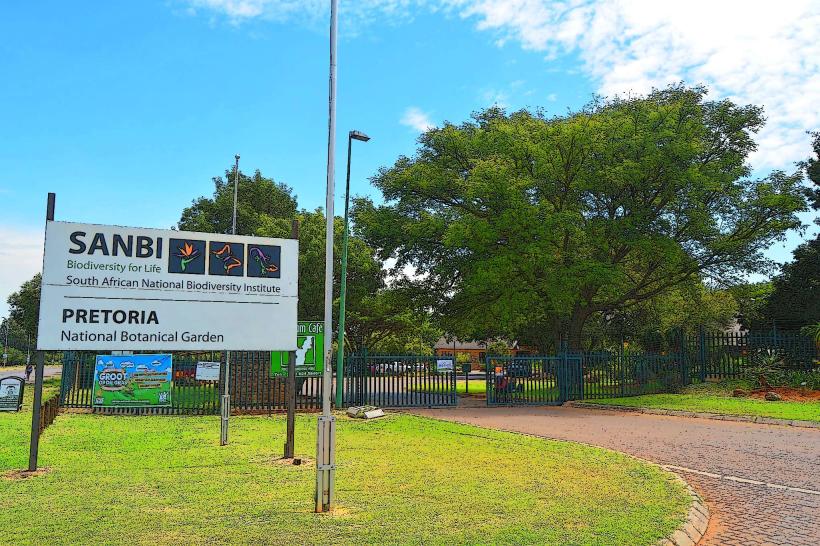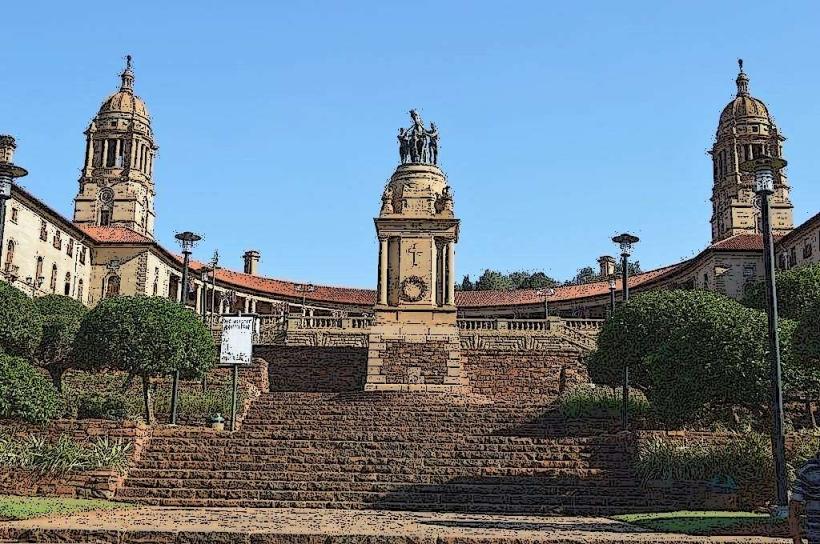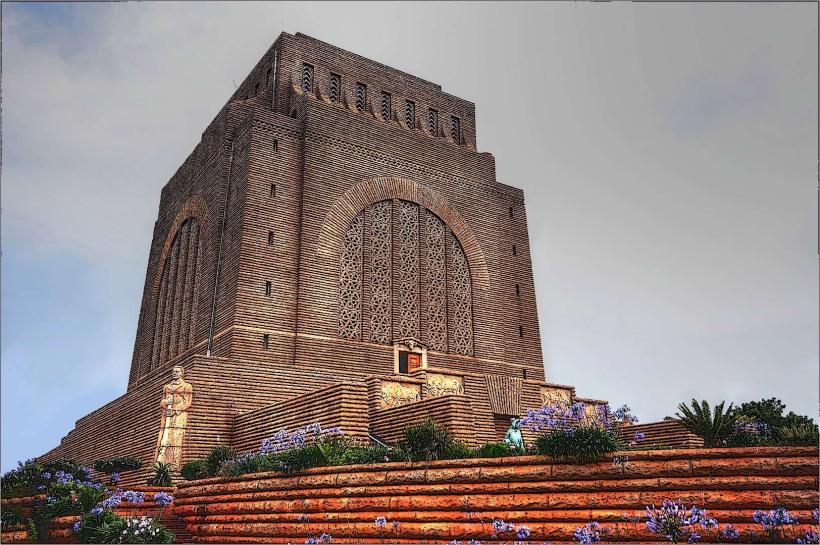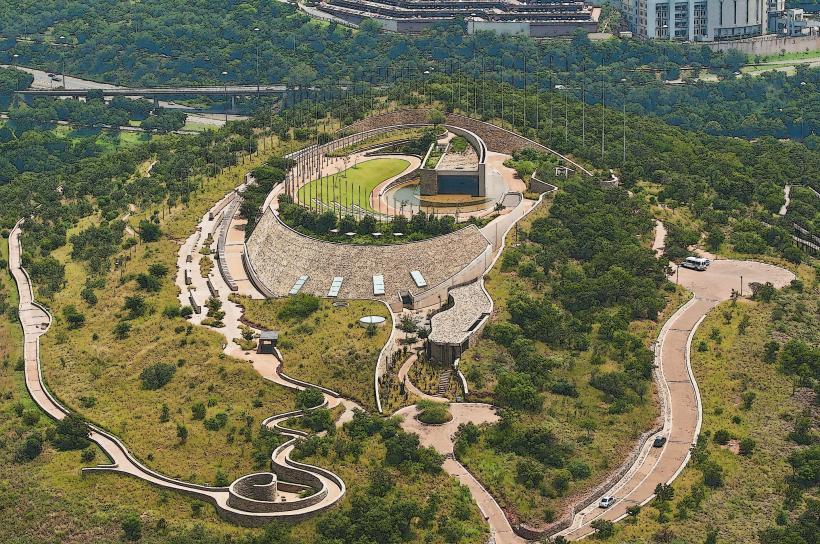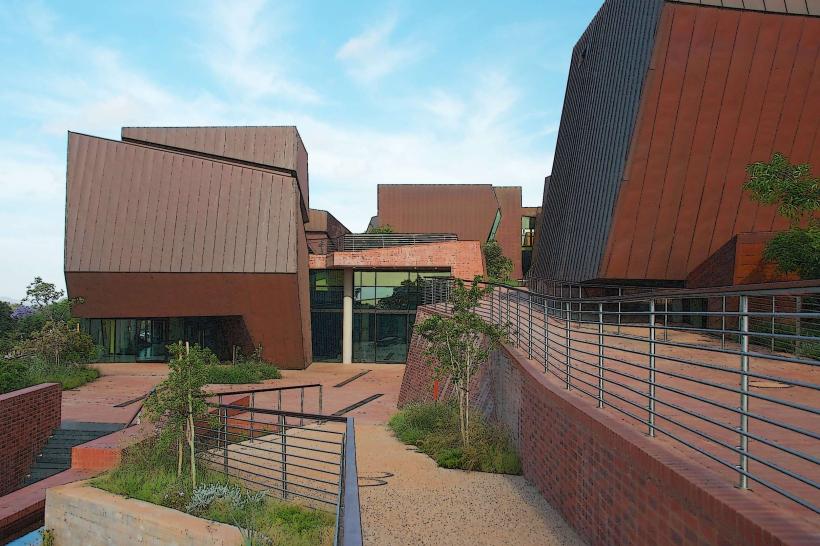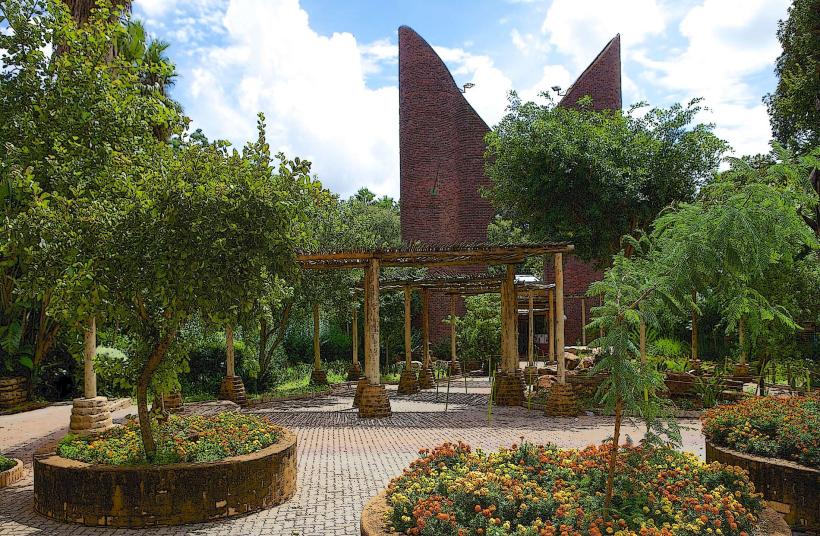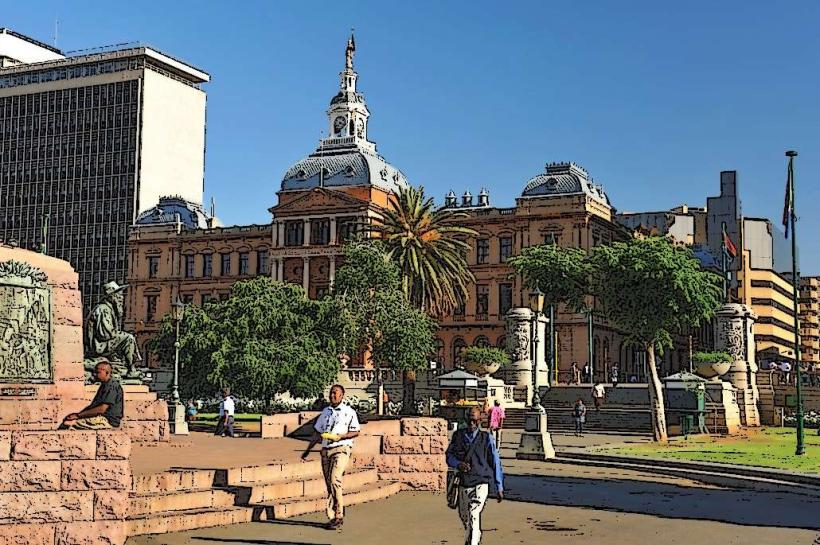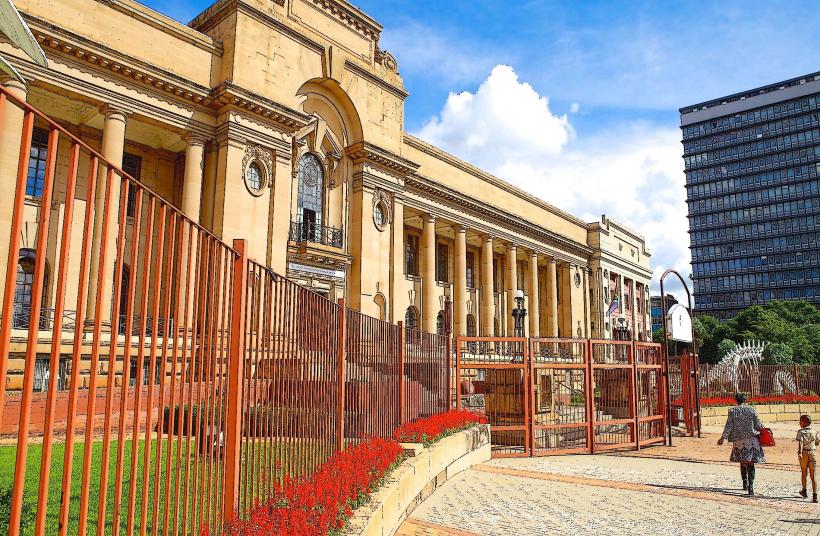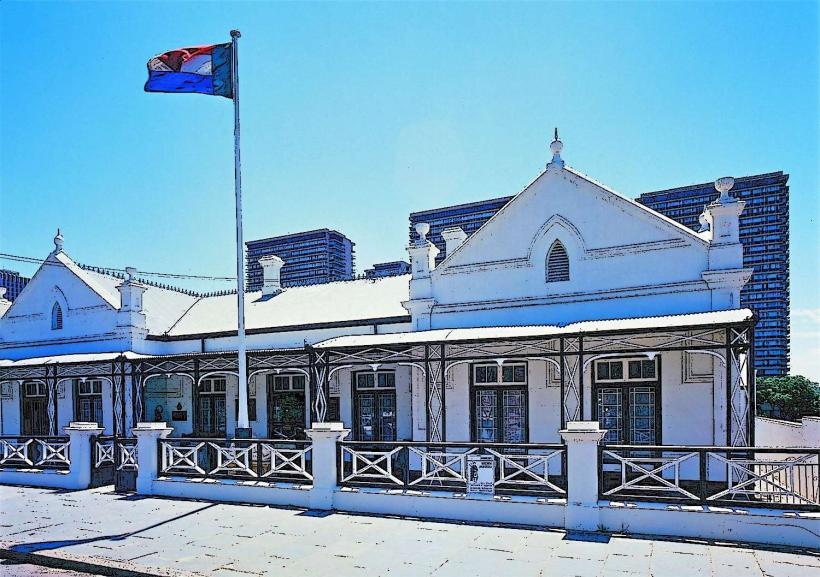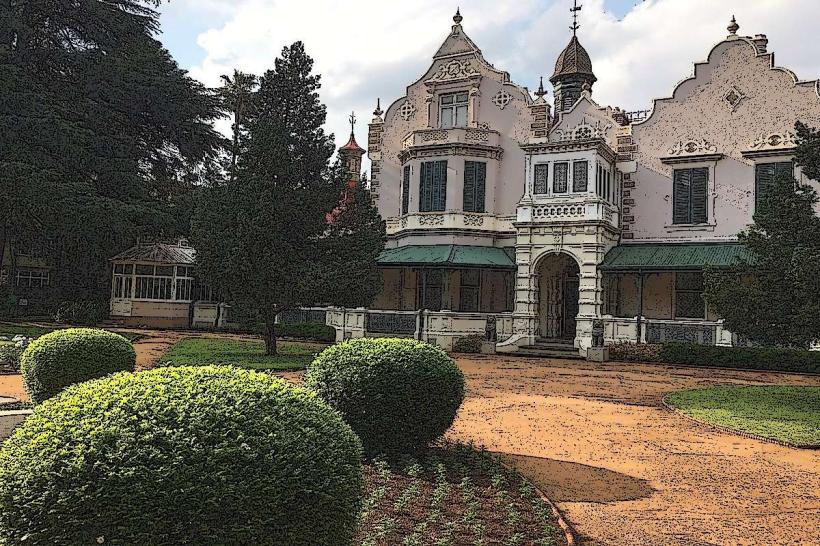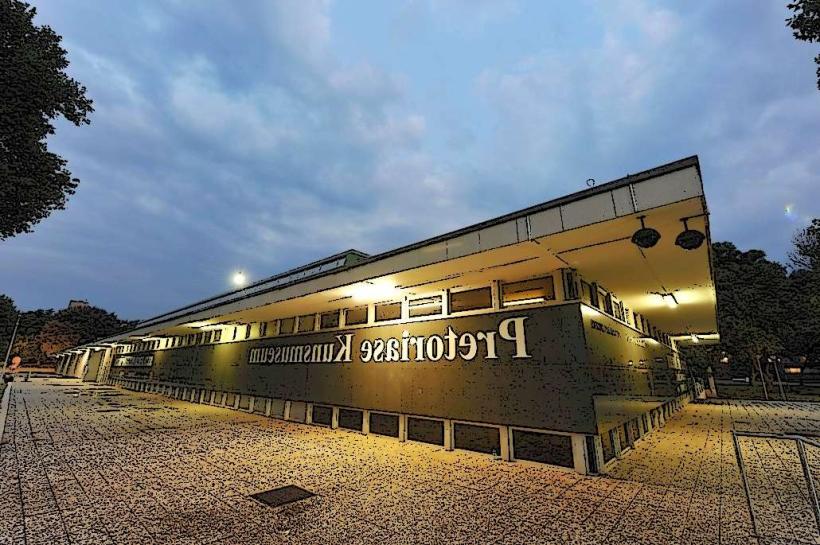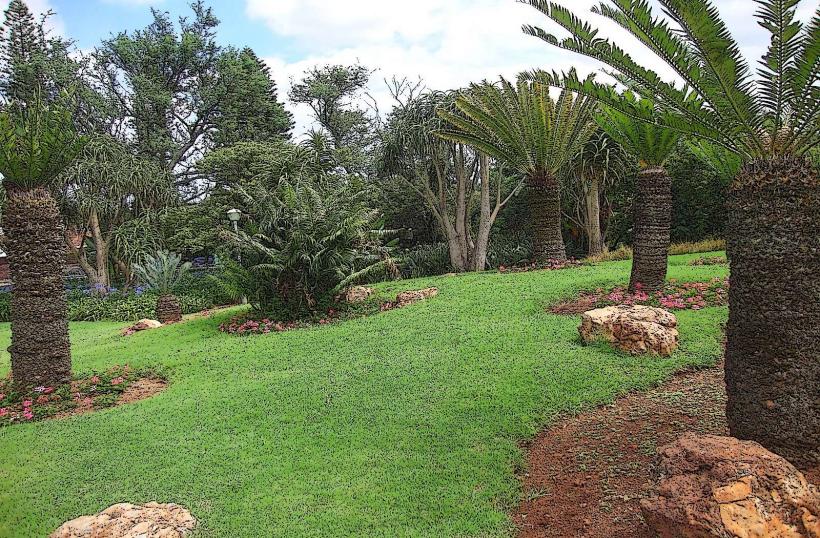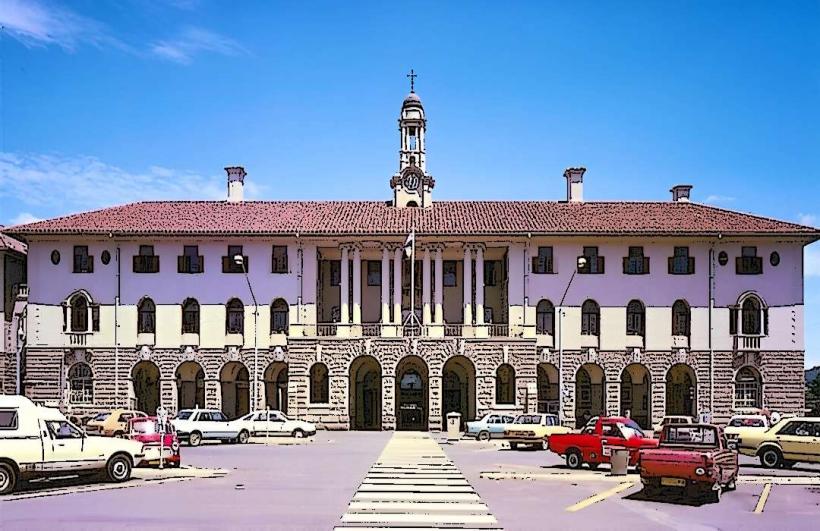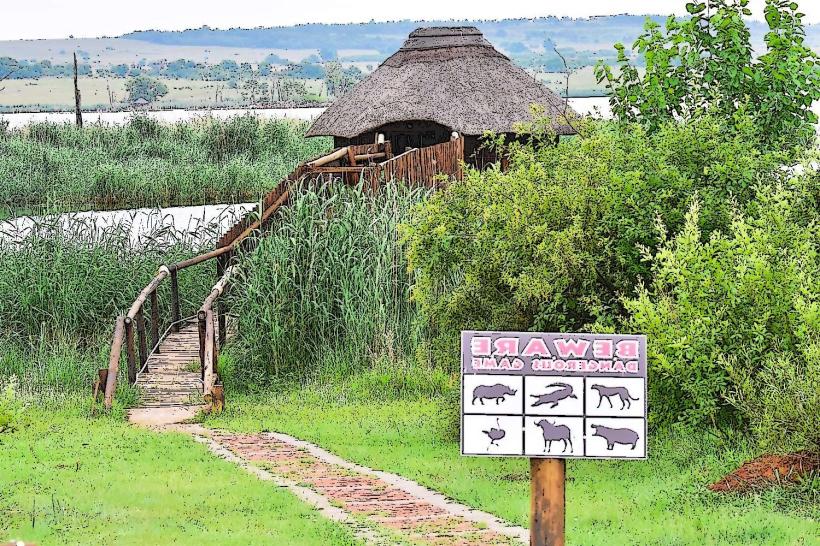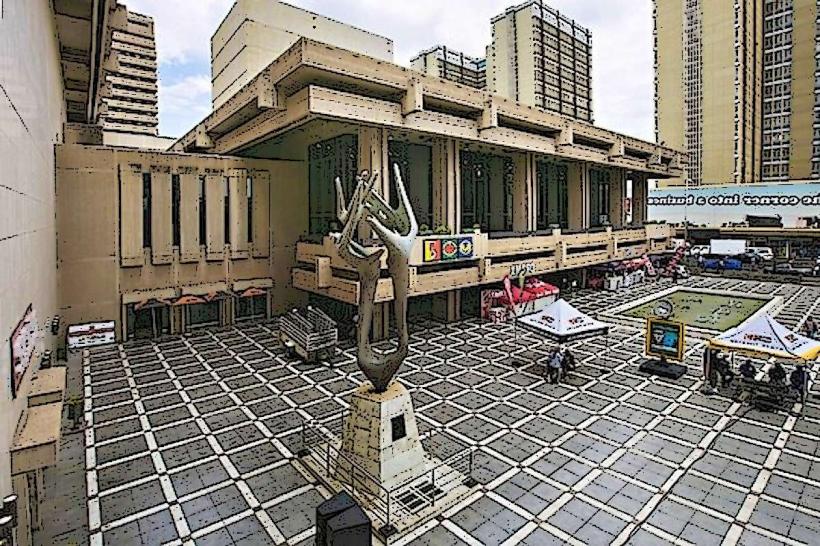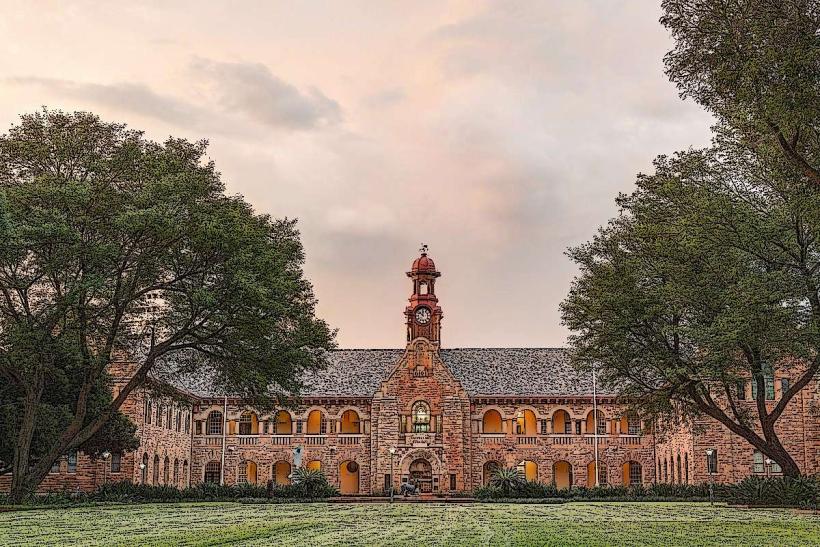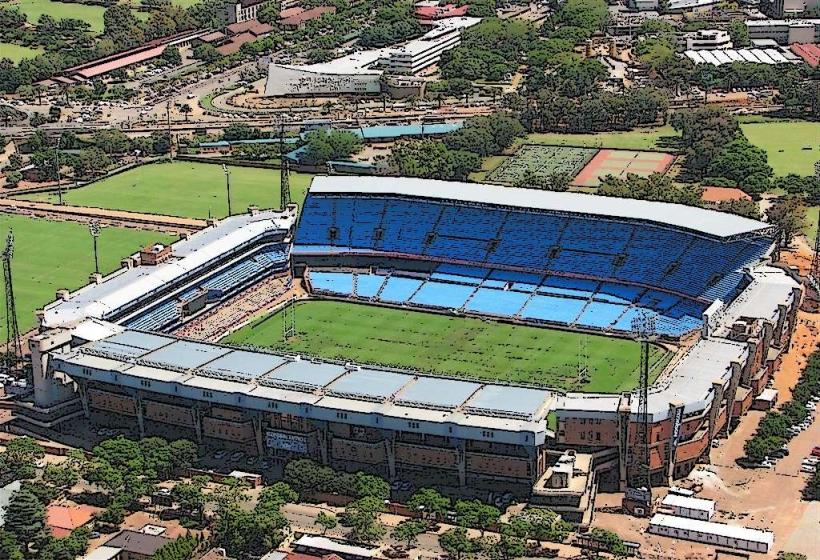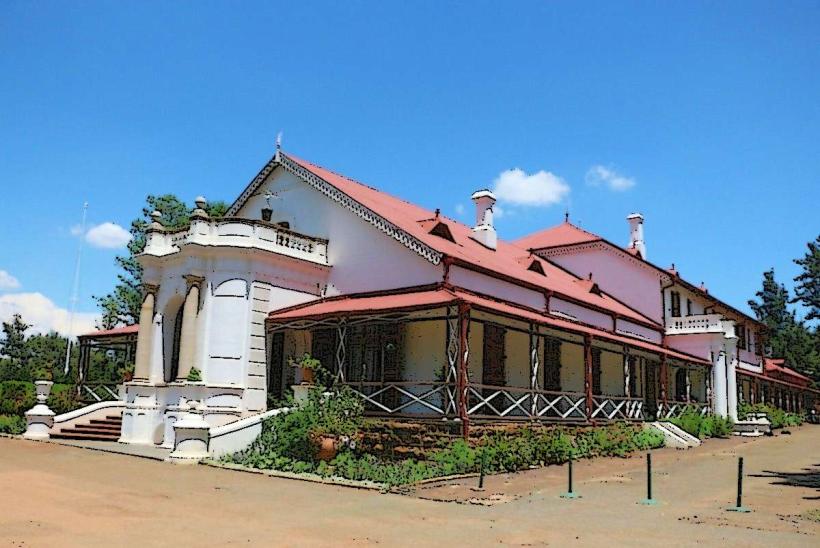Information
Landmark: Pretoria City HallCity: Pretoria
Country: South Africa
Continent: Africa
Pretoria City Hall, Pretoria, South Africa, Africa
Pretoria City Hall is a municipal building located in Pretoria, South Africa. It serves as the administrative center for the City of Tshwane Metropolitan Municipality.
Visual Characteristics
The building is constructed primarily from sandstone and granite. It features a prominent clock tower and is designed in a Renaissance Revival architectural style. The facade is characterized by arched windows, decorative stonework, and a symmetrical layout. The main structure stands approximately 50 meters in height.
Location & Access Logistics
Pretoria City Hall is situated at 150 Pretorius Street, Pretoria, 0002. It is located in the central business district, approximately 1.5 km east of the Church Square. Ample metered street parking is available in the surrounding blocks. Public transport options include various bus routes that stop along Pretorius Street and Paul Kruger Street, with the closest major transport hub being the Pretoria Central Railway Station, located 0.8 km to the southwest.
Historical & Ecological Origin
Construction of Pretoria City Hall commenced in 1928 and was completed in 1935. The architect was Gordon Leith. The building was commissioned to serve as the seat of local government for Pretoria and to commemorate the city's founding.
Key Highlights & Activities
Visitors can access the main foyer and public areas during business hours. Guided tours of the building's interior, including the council chambers and auditorium, are available by appointment. Photography is permitted in designated public areas.
Infrastructure & Amenities
Restrooms are available on the ground floor. Limited shaded areas are present in the immediate vicinity of the entrance. Cell phone signal (4G/5G) is generally strong within the building and surrounding streets. No food vendors are located directly on the premises; however, numerous cafes and restaurants are within a 500-meter radius.
Best Time to Visit
For optimal interior lighting and fewer crowds, visiting between 10:00 AM and 2:00 PM on weekdays is recommended. The building is accessible year-round during municipal operating hours.
Facts & Legends
A notable feature is the large pipe organ housed within the main auditorium, which is one of the largest in South Africa. It is said that the organ's acoustics were specifically designed to enhance the sound of the Pretoria Municipal Choir.
Nearby Landmarks
- 0.3km West: Union Buildings
- 0.8km Southwest: Pretoria Central Railway Station
- 1.2km West: Church Square
- 1.5km Northwest: Kruger House Museum

